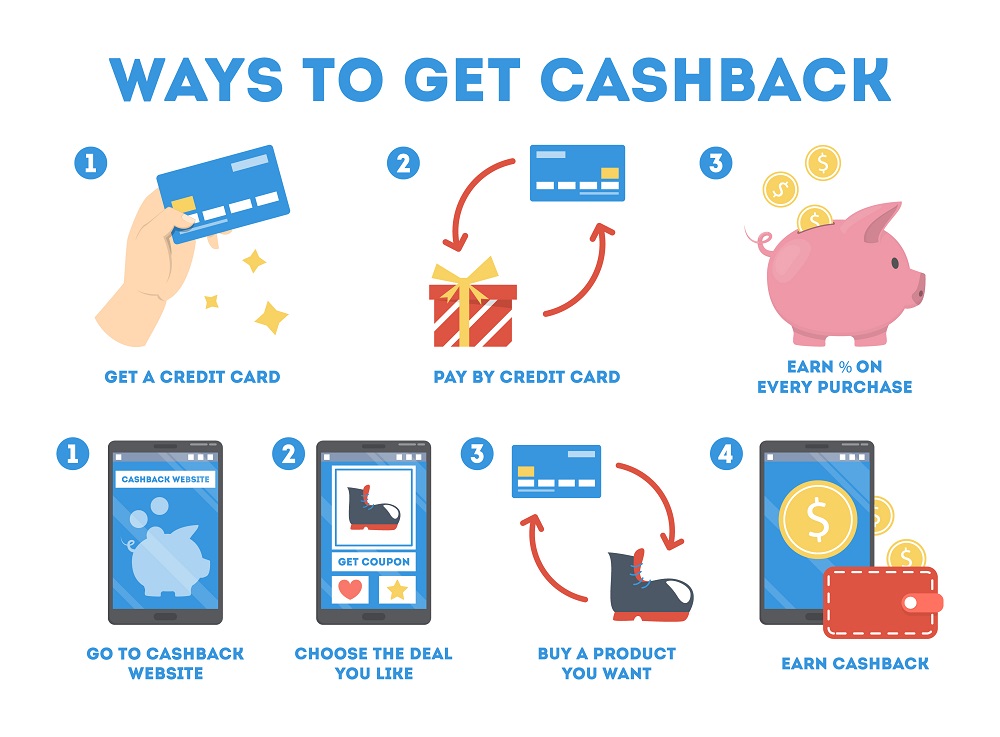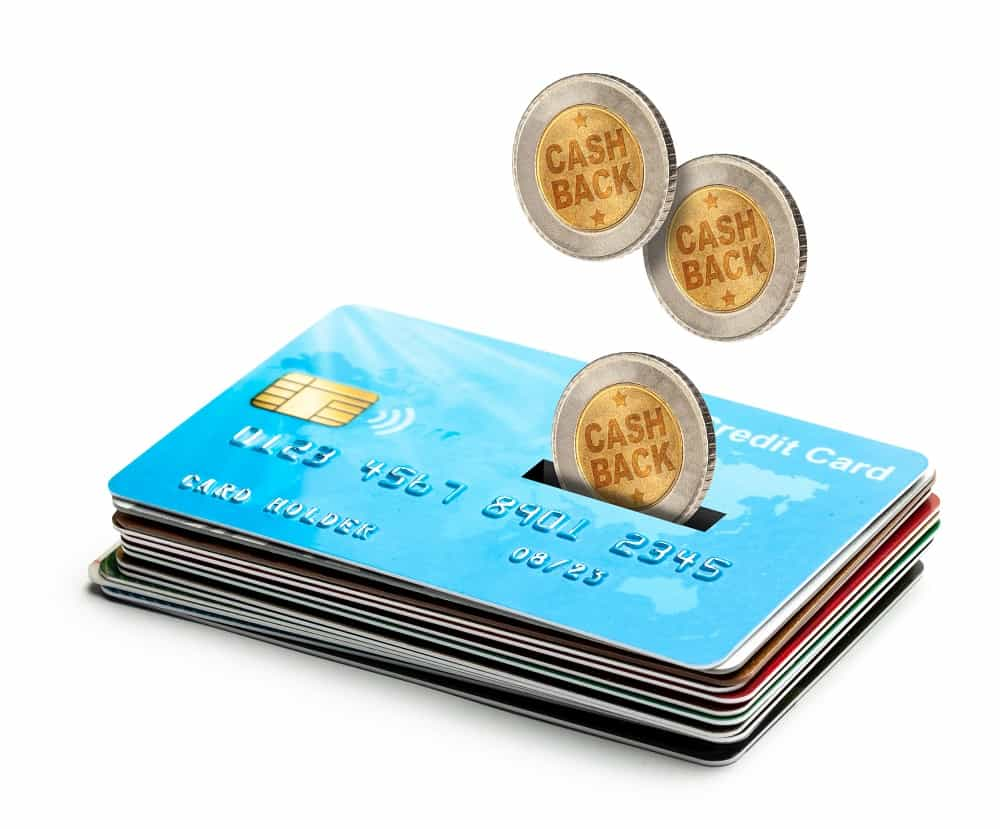Cashback credit cards are payment cards that offer cash rewards for spending. Cashback does not mean receiving the amount in coins or bills, but it does mean having more dollars in cash, as a credit that reduces your account balance.
How do cashback credit cards work?
At the time of purchase, by using one of these cards, the cardholder will receive a reward from the issuing company, which is a cash credit for a percentage of the value of the purchase, which can be between 1% and 2%. At a rate of 1%, $0.01 will be earned for every dollar spent. In most cashback credit cards, the cardholder will be able to view the accumulated rewards on the monthly statement, as a direct deposit into a bank account, or by logging into the online bank’s portal, where he only has to decide when and how to redeem the cashback. In other, less frequent cases, the card automatically credits the cashback to the account statement. Depending on your credit card issuer, there are different cashback redemption policies: some companies require a minimum amount to redeem (you can’t cash out rewards until you’ve accumulated at least $25), others allow redemption at any time, for any amount.

What types of cashback credit cards are there on the market?
Essentially, cashback credit cards belong to three types: the fixed-rate cards, where the issuer reimburses the same fixed rate (between 1 and 2 percent) regardless of the amount of purchases made by the cardholder; the “tiered” cards offer higher rates for certain merchants or product categories (e.g., groceries or restaurants), and a lower standard rate for any other retailer/category; and the “rotating category” cards pay a higher rate (sometimes up to 5 percent) for purchases in categories considered bonuses (which the user must activate in order to unlock the higher cashback) and which usually rotate from period to period.
You may also like
Opening an online bank account
Opening a bank online account is a very simple procedure that can be carried out directly from your home: all you need is a home Internet connection or access to the Internet even from mobile phones, in hotspot mode. Given that there are numerous proposals available on the net, some of which belong to 100%… Continue reading Opening an online bank account
Getting personal loans during COVID-19 crisis
As the pandemic continues its run, many lenders are struggling with difficult loan management. While some banks seem to have taken a more restrictive direction, raising the requirements for the granting of personal loans, others seem to have understood the financial difficulties of consumers by granting small-dollar loans at very affordable rates.
A guide to Savings account to save money in cash
We aim to help you to be confident in making financial decisions. Choosing the right savings account is surprisingly simple!
What is a Certificate of Deposit (CD)?
A certificate of deposit (CD) is a product offered by banks and credit unions that provides an interest rate premium in exchange for the customer agreeing to leave a lump-sum deposit untouched for a predetermined period of time.
